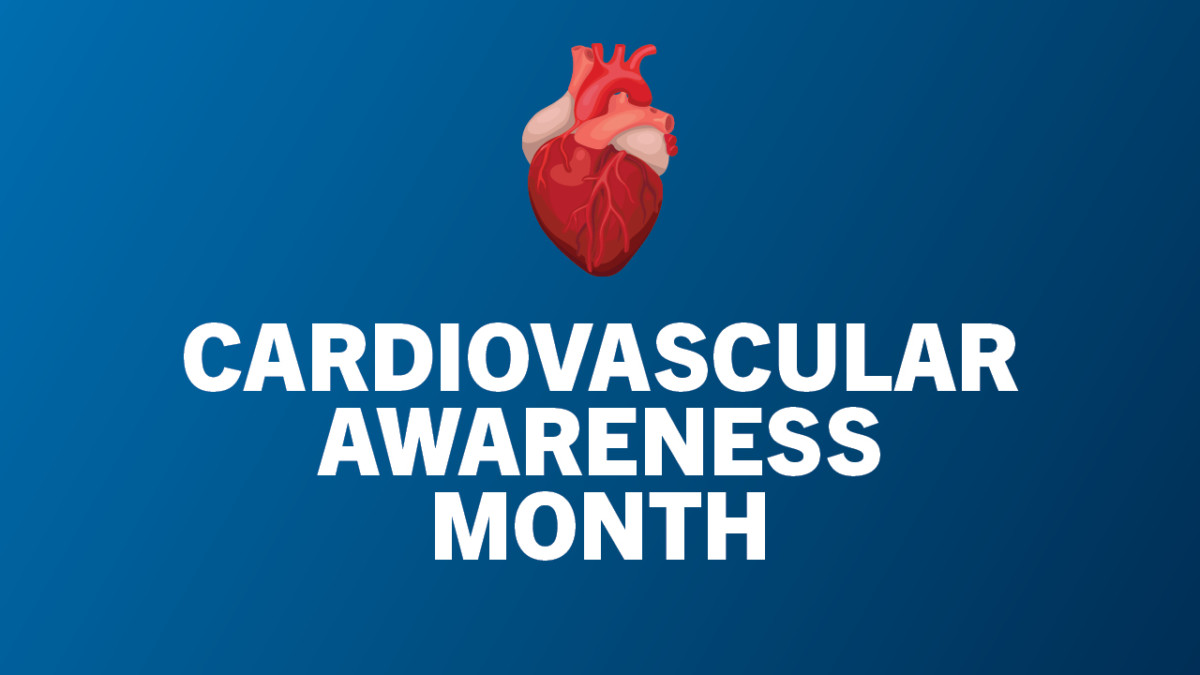Cardiovascular health is essential to the overall function of the body. If the heart is sick or the arteries are clogged, then the rest of the body suffers too. February is Cardiovascular Awareness Month and Burn and Reconstructive Centers of America (BRCA) is dedicated to raising awareness of cardiovascular health’s positive and negative impacts on the healing of our burn and wound patients.
In its simplest form, cardiovascular health is defined by the body’s ability to deliver blood, oxygen and nutrients to all areas of the body. An unhealthy cardiovascular system can have a detrimental effect on other essential bodily functions such as the immune system, circulatory system, respiratory system and other systems that keep us healthy, alert and oriented. Due to this give-and-take relationship between systems, deteriorated cardiovascular health can be especially life-threatening for burn, wound or traumatically injured patients as the healing process is typically a representation of the health of the body, said BRCA’s Dr. John Rumbaugh, Director of Hyperbarics and Wounds at the Joseph M. Still Burn Center at Doctors Hospital of Augusta.
“My philosophy of wounds is the wound is just a manifestation of what the whole body is going through,” Dr. Rumbaugh said.
Smoking, alcohol, high cholesterol, high blood pressure and uncontrolled diabetes are just some mechanisms that can lead to a decline in cardiovascular health. If these unhealthy behaviors or comorbidities are left untreated, more health issues may arise, such as the development of chronic or complex wounds, post-surgery complications, severe infections, diabetic ulcers, tissue death and necrotizing fasciitis. In addition, with a decline in cardiovascular health comes a decreased ability for the body to deliver the necessary blood, oxygen and nutrients to injured areas, leading to slower or no healing.
“Improving cardiovascular health improves perfusion; the blood gets to the wound,” Dr. Rumbaugh said. “Chronic complex wounds don’t heal because of cardiovascular health, usually. Peripheral arterial disease and diabetic microvascular disease are two of the leading causes of chronic non-healing wounds.”
It usually takes years of unhealthy behavior, building up over time, to cause a cardiovascular health crisis. That means, with some positive lifestyle and diet changes, most people can turn the tides and lower their risks of consequent health issues. Start by increasing your body’s blood perfusion by improving circulation through exercising, cutting out vasoconstrictors like nicotine and alcohol or foods that might contribute to artery blockages like high sodium or high cholesterol diets. If you suffer from diabetes or hypertension, be sure to keep your blood sugar and blood pressure in check by taking the proper medications and eating healthy foods.
“I advise at-risk patients to exercise, don’t eat salt, don’t eat processed foods, control your blood pressure and control your blood sugar because all of that optimizes the environment to heal,” Dr. Rumbaugh said.
Further Information
At BRCA, our wound specialists utilize a continuum of treatments to care for a variety of wounds, including:
- Negative pressure therapy
- Hyperbaric oxygen therapy
- Skin grafts
- Wound dressings
- Compression garments
- Antibiotics and other medicinal interventions
To maintain a healthy wound bed throughout your recovery and to prevent infection, be observant of the affected area(s) and notify a wound specialist if the area(s) begin to:
- Change color
- Emit a foul odor
- Feel hot to the touch
- Ooze
- Become painful
- Show signs of worsening or not healing
Our experts are available 24/7 to answer your wound care questions. To schedule a consultation or to speak with a healthcare professional, please call us at (855) 863-9595.
To find out more about our wound services, please visit our website at www.burncenters.com or click here.
